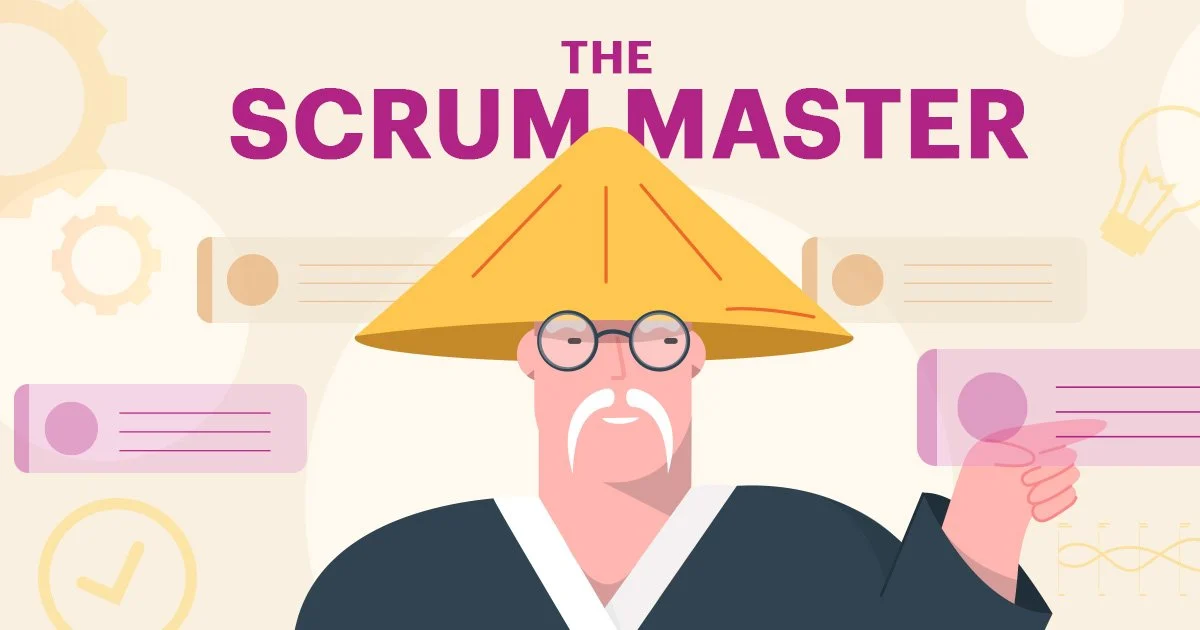What is the Scrum master's true role?
You might think this is very basic topic. Often the real learnings are in basics only. Let's begin.
There is no role called Project manager in Scrum. If you have studied the scrum guide then you would know this for sure. Unfortunately, most of the organizations still struggle to differentiate the role of scrum master, the role of product owner and the need of project manager. I would pick up one role today - Scrum Master.
In the scrum guide, the role of the scrum master is clearly defined. The role, mindset, responsibilities, and accountabilities are different for each role. I will be sharing the difference here between reality and scrum guide. So that next time you can make sure, you are playing the right role or not:)
Scrum Master:
Role Focus: The Scrum Master is primarily focused on facilitating the Scrum process and ensuring that the Scrum team adheres to Scrum principles and practices.
When the facilitation word is used it does not necessarily mean that all meeting developers need internally - Scrum Master has to set it up for them. The Scrum team - which includes the Product owner, scrum master and developers is supposed to be self-managed. That is the major point of following scrum.
Scrum Master needs to make sure the practices are followed - not be the bottleneck for the scrum team to go forward.
Process Facilitation: The Scrum Master facilitates Scrum events (e.g., Daily Standup, Sprint Planning, Sprint Review, Sprint Retrospective) and ensures they are effective and time-boxed.
(Did you know there is no Sprint 0 as per the scrum guide.)
In the latest Scrum guide, it's mentioned that daily Scrum is mandatory for developers. PO and SM can attend too - It’s not mandatory for them. However, in reality, often the daily scrum does not start till the Scrum Master joins. Daily Scrum is for developers.
Coaching and Mentoring: Scrum Masters coach the team on Scrum practices and principles and help them continuously improve their processes.
If your team is willing to learn - go ahead and mentor them. At the end of the day, It will help the whole scrum team to deliver better results.
No Decision-Making Authority: Scrum Masters do not make decisions about the product or its features. They don't prioritize the product backlog. I Would like to bring up a sprint planning session here.
Often the Project manager or Product owner starts defining what developers can complete in one sprint. It should be the other way around. Developers decide the stories to be picked up. In more detail, we will discuss this in the next newsletter about product owners.
The purpose of sharing the difference between reality and scrum guide - is to make you think upon - Are we really following scrum? What can we do better? How can team get the maximum value out of implementing scrum?
The projects cannot run based on the theory only. The reality, situation, stakeholders, and team will have different mindsets. Although Scrum’s purpose is to give us a framework that can make the work easier. Let’s go back to theory once and see what we missed. There is always a chance to restart:)
